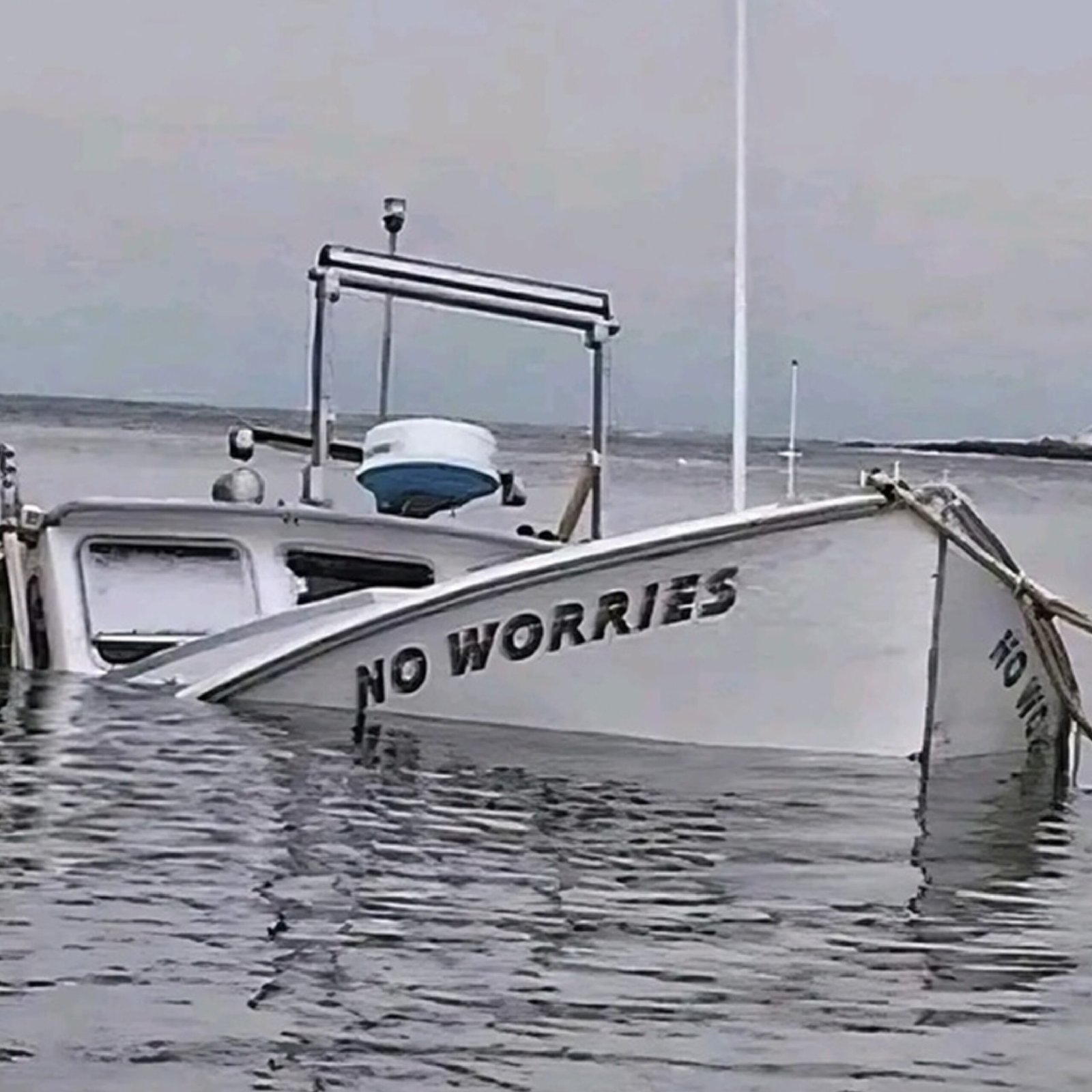Weapons of Mass Instruction: The Power of Education in Shaping Minds and Societies
Education has always been a cornerstone of societal development, empowering individuals and shaping the world in profound ways. The term “Weapons of Mass Instruction” poetically highlights the transformative power of education as a tool for change, growth, and enlightenment. Unlike weapons of destruction, which dismantle and divide, these “weapons” build, unify, and create enduring positive impact.
At its core, education equips individuals with knowledge—the most potent weapon against ignorance and inequality. It provides the skills and critical thinking needed to navigate an increasingly complex world. With access to education, people are empowered to challenge norms, innovate solutions, and advocate for justice. Education, in this sense, becomes a force for liberation, allowing individuals to transcend barriers and unlock their potential.
Read More Savoring Gratitude in Retirement
Moreover, education acts as a catalyst for social progress. By addressing issues such as poverty, discrimination, and inequality, it fosters inclusive societies where everyone has an opportunity to thrive. For instance, educating girls and women has been shown to improve economic outcomes, reduce child mortality, and create ripple effects that benefit entire communities. When knowledge becomes accessible to all, the result is a more equitable and prosperous society.
Education also holds the power to promote peace. It fosters understanding, empathy, and tolerance by exposing individuals to diverse perspectives and encouraging dialogue. By teaching history, ethics, and global awareness, it helps prevent conflicts born out of ignorance and misunderstanding. In this way, education becomes a shield against hatred and a bridge toward unity.
Read More How to Purge During Retirement
The metaphor of “Weapons of Mass Instruction” underscores the idea that education is not passive—it is dynamic and active in its ability to reshape the world. However, the true potential of this “weapon” lies in how it is wielded. Access to quality education remains uneven across the globe, with marginalized groups often left behind. To fully realize the power of education, societies must invest in equitable systems that prioritize inclusivity, innovation, and lifelong learning.
Conclusion
In conclusion, education as a “Weapon of Mass Instruction” has the power to uplift individuals, transform societies, and foster a more just and peaceful world. It is a tool that does not destroy but builds; it does not divide but unites. As we continue to navigate the challenges of the modern world, embracing the full potential of education is essential for creating a brighter and more equitable future.





